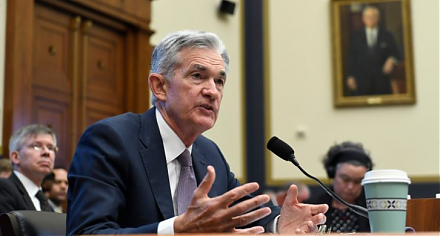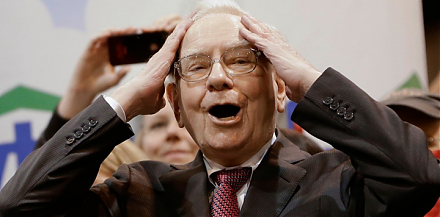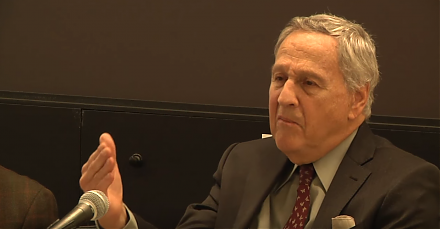

2019-01-29 10:33:00 Tue ET
technology antitrust competition bilateral trade free trade fair trade trade agreement trade surplus trade deficit multilateralism neoliberalism world trade organization regulation public utility current account compliance
Global trade transforms from labor cost arbitrage to high-skill knowledge work. In fact, multinational manufacturers have been trying to create global supply chains that source goods wherever costs and wages are lowest in exchange for product sales wherever aggregate consumer demand is greatest. This macro trend drives global economic growth, helps alleviate poverty outside the OECD trade bloc, and contributes to the recent rise of China. This trend also helps fuel a political backlash in America.
A recent McKinsey study finds that the share of cross-border tradable goods has fallen sharply from 28% to 22% in the past decade. This reversal of fortune partly reflects the political backlash against trade in America. The same trend also shows a key increase in consumer demand in China and several other Asian economies. These countries now buy more of their own goods and also experience substantive improvements in domestic supply chains. Tradable goods decrease as a share of global economic output, whereas, services soar to account for almost a quarter of productivity gains. International trade transforms from labor-cost arbitrage to high-skill knowledge work in R&D innovation and intellectual property protection. This transformation takes place in specialty industries such as information technology, pharma biotech, e-commerce, and social media.
If any of our AYA Analytica financial health memos (FHM), blog posts, ebooks, newsletters, and notifications etc, or any other form of online content curation, involves potential copyright concerns, please feel free to contact us at service@ayafintech.network so that we can remove relevant content in response to any such request within a reasonable time frame.
2019-10-07 12:35:00 Monday ET

Federal Reserve reduces the interest rate by another key quarter point to the target range of 1.75%-2% in September 2019. In accordance with the Federal Res
2019-07-01 12:35:00 Monday ET

Apple releases the new iOS 13 smartphone features. These features include Dark Mode, Audio Share, Memoji, better privacy protection, smart photo collection,
2020-03-12 09:32:00 Thursday ET

Google CEO Eric Schmidt and his co-authors show the innovative corporate culture and mission of the Internet search tech titan. Eric Schmidt, Jonathan Ro
2018-07-11 09:39:00 Wednesday ET

In recent times, the Trump administration sees the sweet state of U.S. economic expansion as of early-July 2018. The latest CNBC All-America Economic Survey
2018-01-05 07:37:00 Friday ET

Warren Buffett cleverly points out that American children will not only be better off than their parents, but the former will also enjoy higher living stand
2023-04-28 16:38:00 Friday ET

Peter Schuck analyzes U.S. government failures and structural problems in light of both institutions and incentives. Peter Schuck (2015) Why